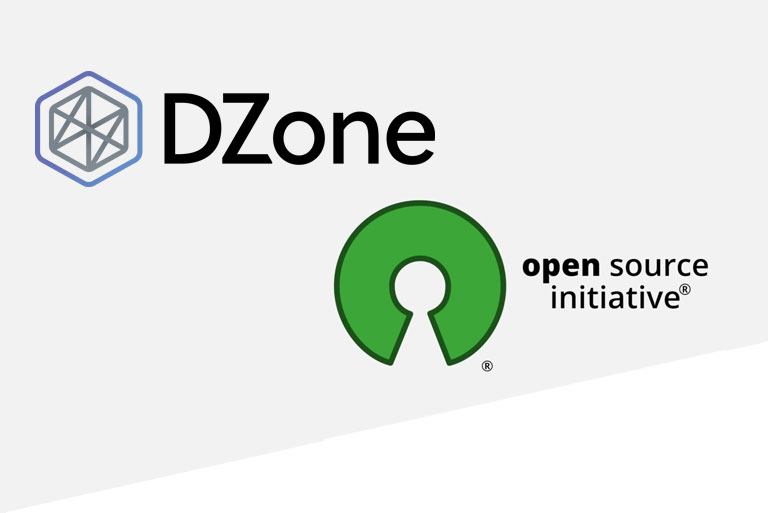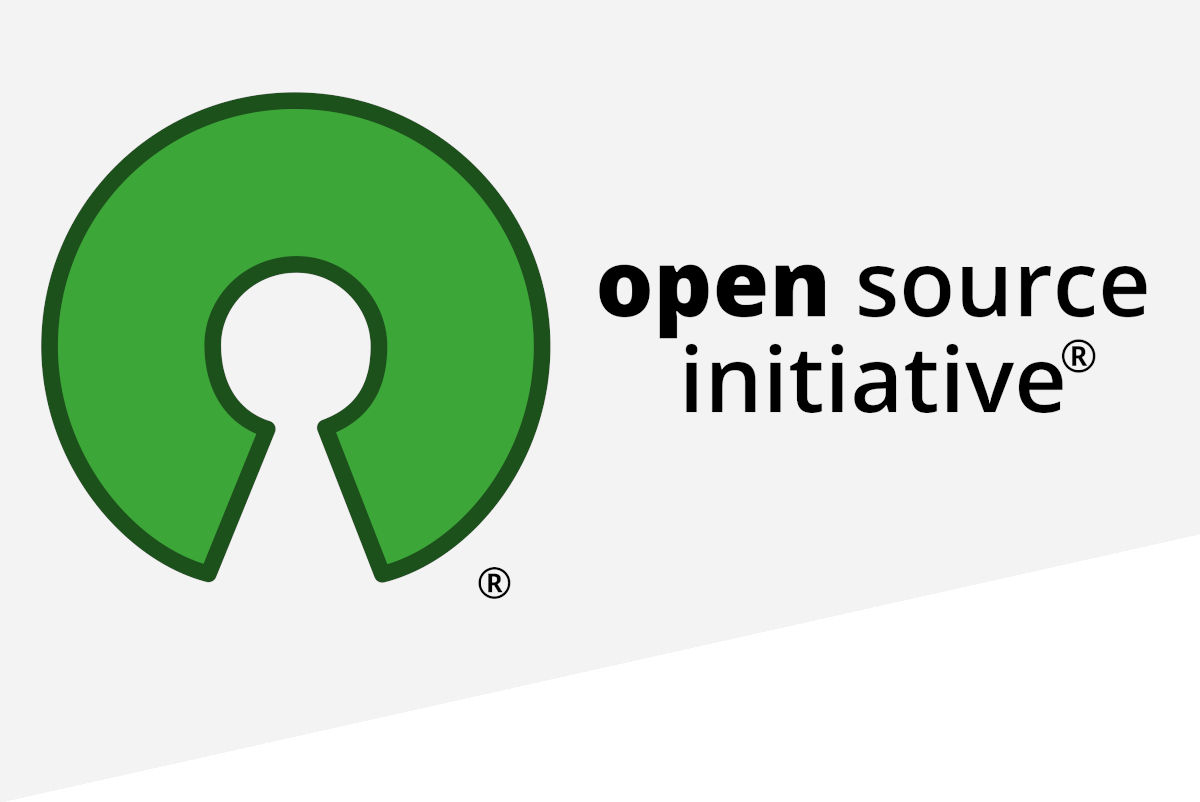Tips to launch your own Open Source projectt
Here you have a few tips that we have been learning through this time, and that will come in handy if you are thinking of creating an Open Source project.
Tip 1: Solve real problems
For your project to be accepted and successful, it is important that it solves an existing problem. There are many ways to solve a problem, such as automating a manual process or simplifying development on top of a technology or a stack (Spring Boot, as it happens).
Tip 2: Easy to use
If your first goal is to solve a problem that you usually face, the second should be to offer something that is easy to use.
As a good rule of thumb, developers will only spend an hour learning how to use your project (and every year the level of attention drops even more ;)).
Large open source projects offer tools and examples so that, in that first hour, you get a precise idea of what the project offers. Here we could mention Electron, which has solid documentation to get you started, a quickstart repository to clone, lots of sample applications, etc.
Tip 3: Find passionate users for your project
Successful open source projects must first be successful software projects.
Finding your community is important, as those users will have a vested interest in adding new capabilities and making your project better every day. How you treat these users will determine your success in building a community. In the beginning, the role of product manager, architect and community manager will be important, but, if you succed in creating a community, then you will find collaborators who share your vision of the project and are eager to take on roles in the community. In a nutshell, if your project doesn’t have any users, it will have very few (if any :)) contributors.
Tip 4: Now your role is that of a maintainer
When you publish your open source project, you become its maintainer. Gone are the days when you can spend all your free time happily adding new features to your project.
When developers are considering using an open source project, they look for a few key things, such as a License, a Code of Conduct, and some key indicators of the status of the project:
- Is the project actively maintained and updated? If the last commit of your project is more than 6 months ago, this will generate mistrust.
- Are issues being managed? Check the issues on Github. If these are not resolved, this will raise an alarm for potential users and contributors.




